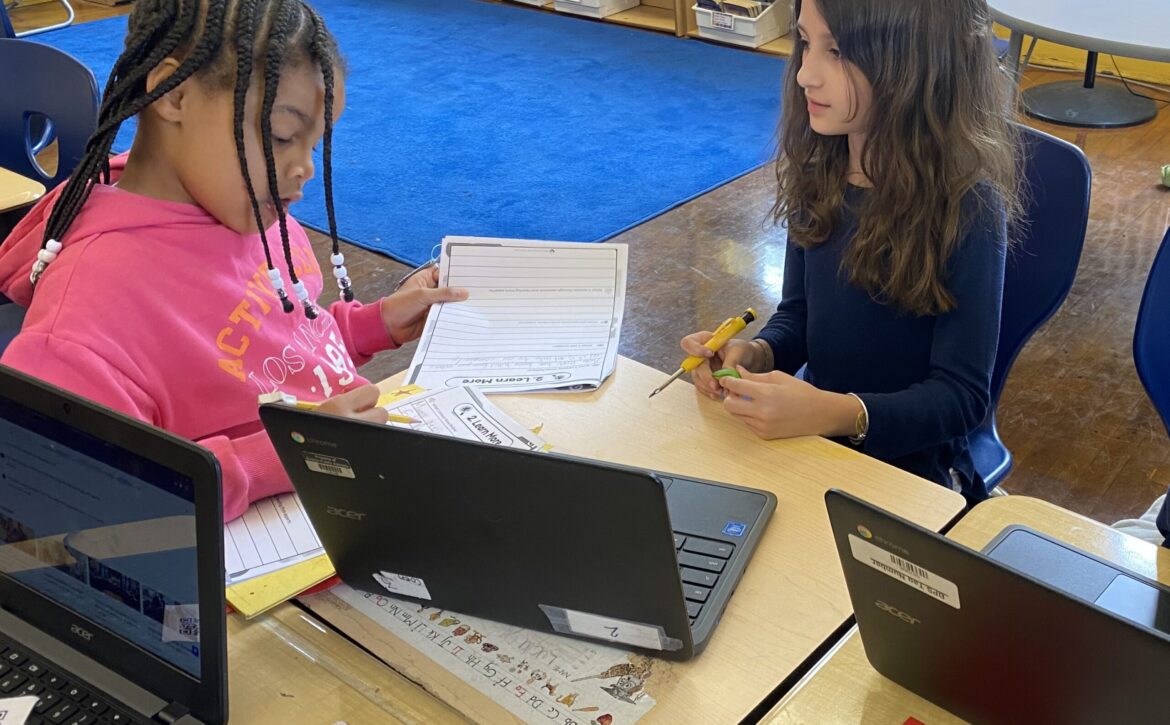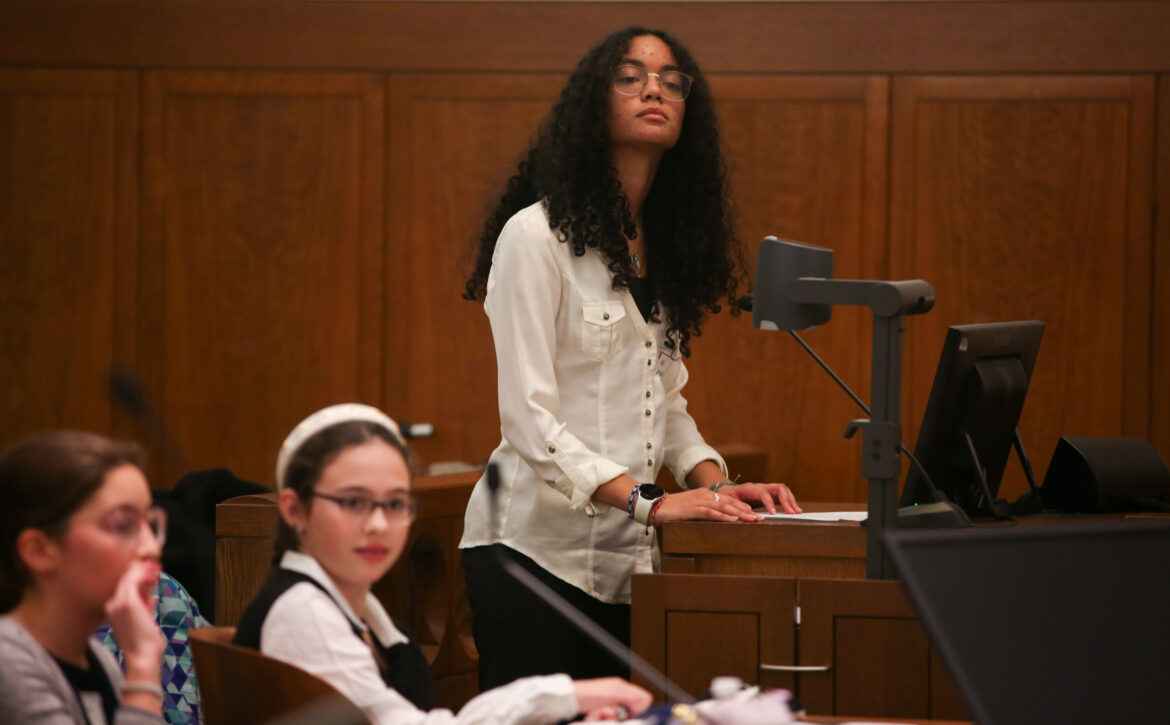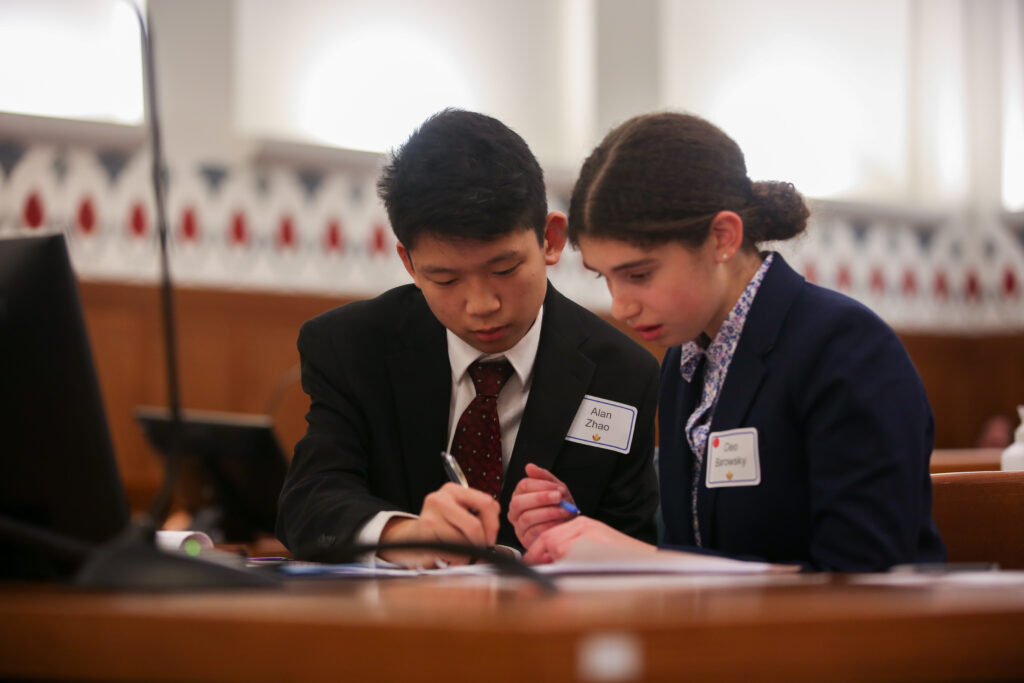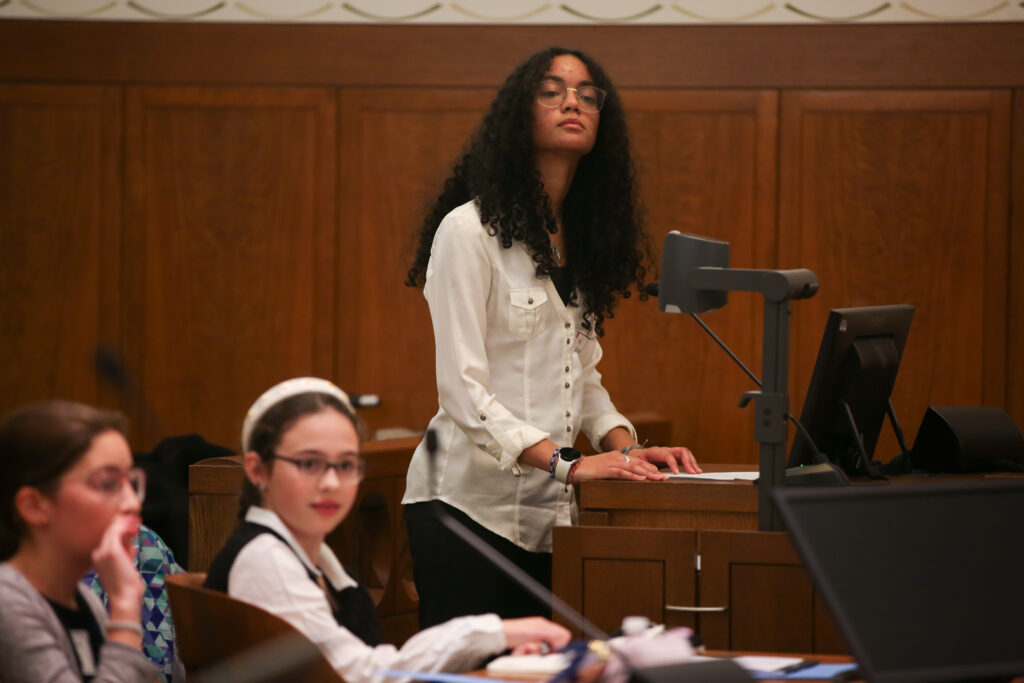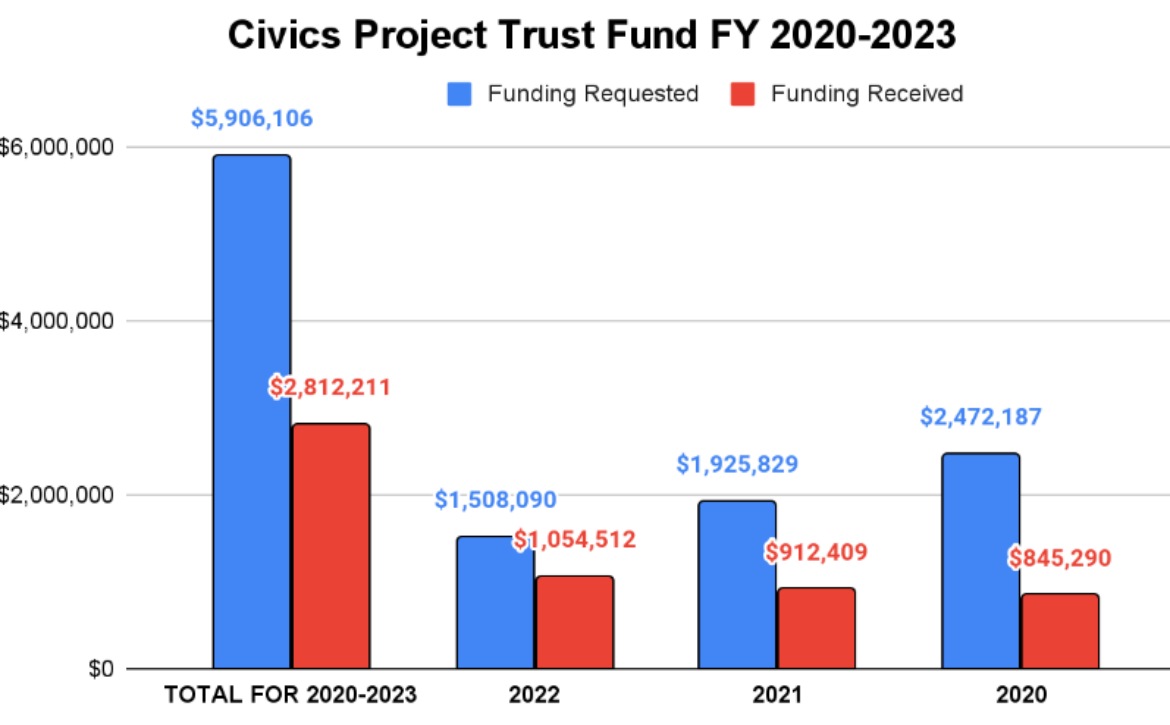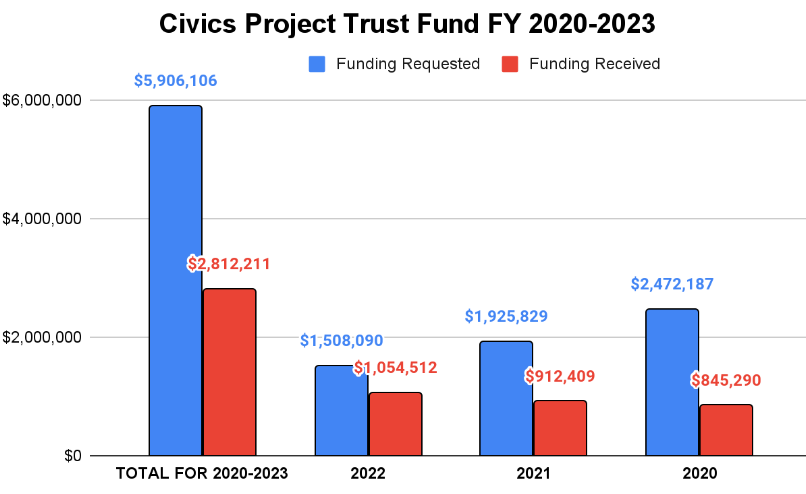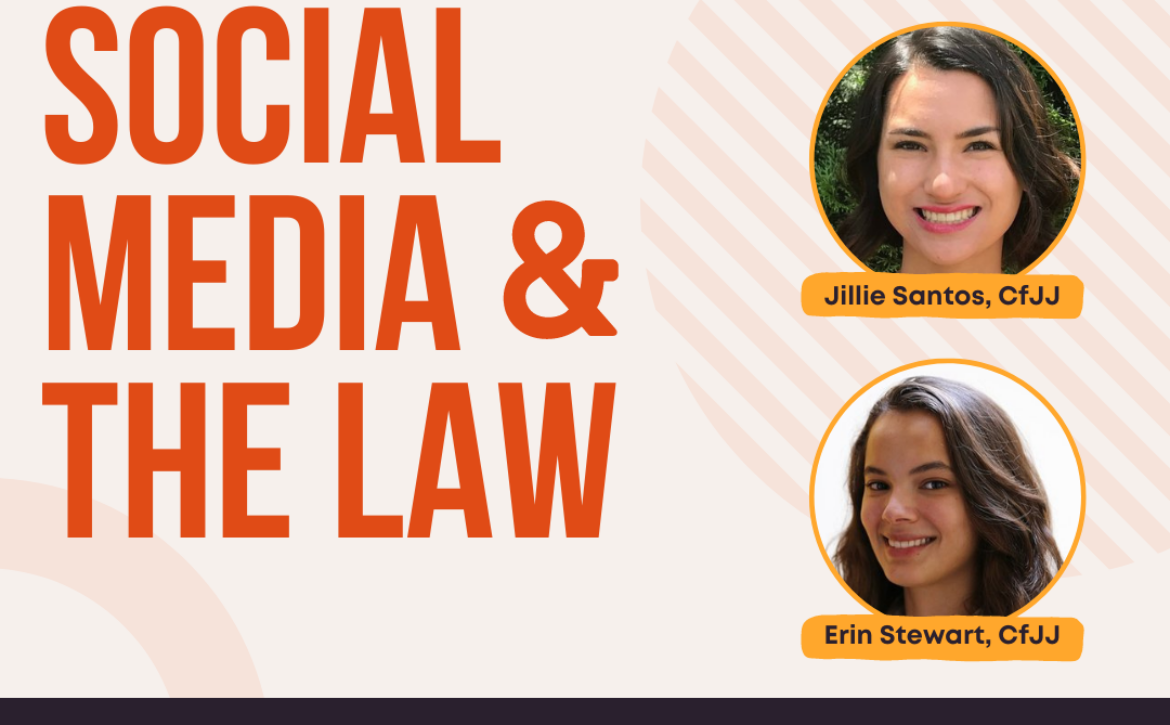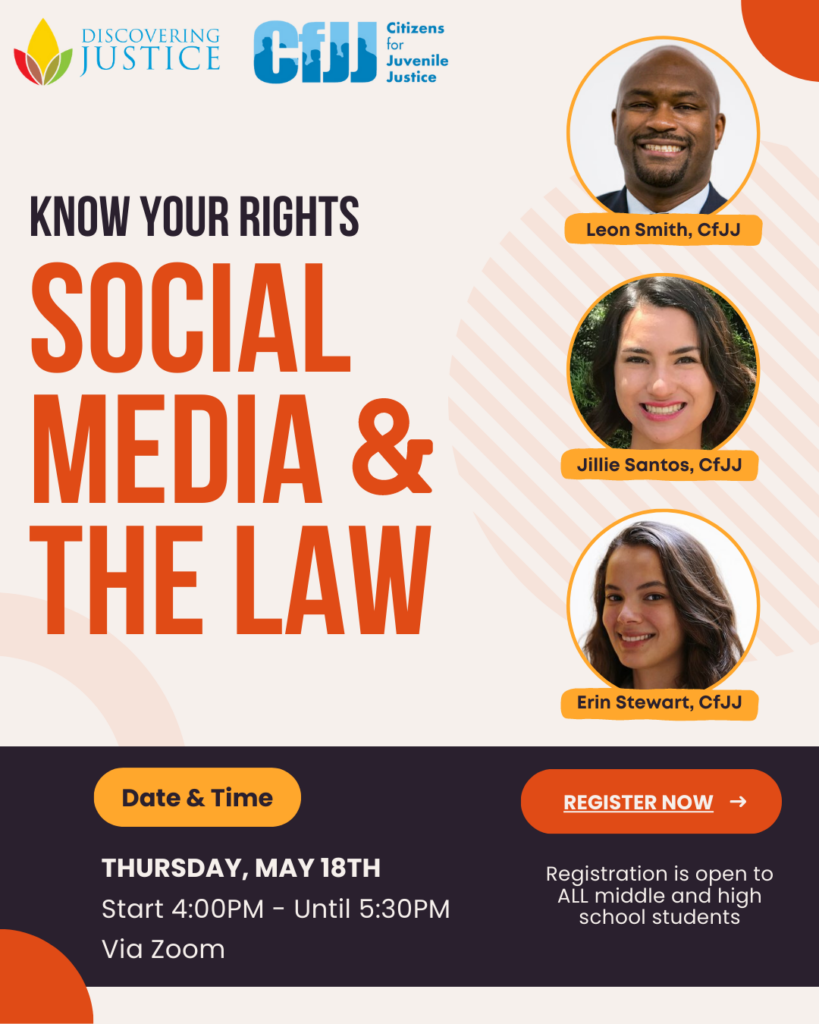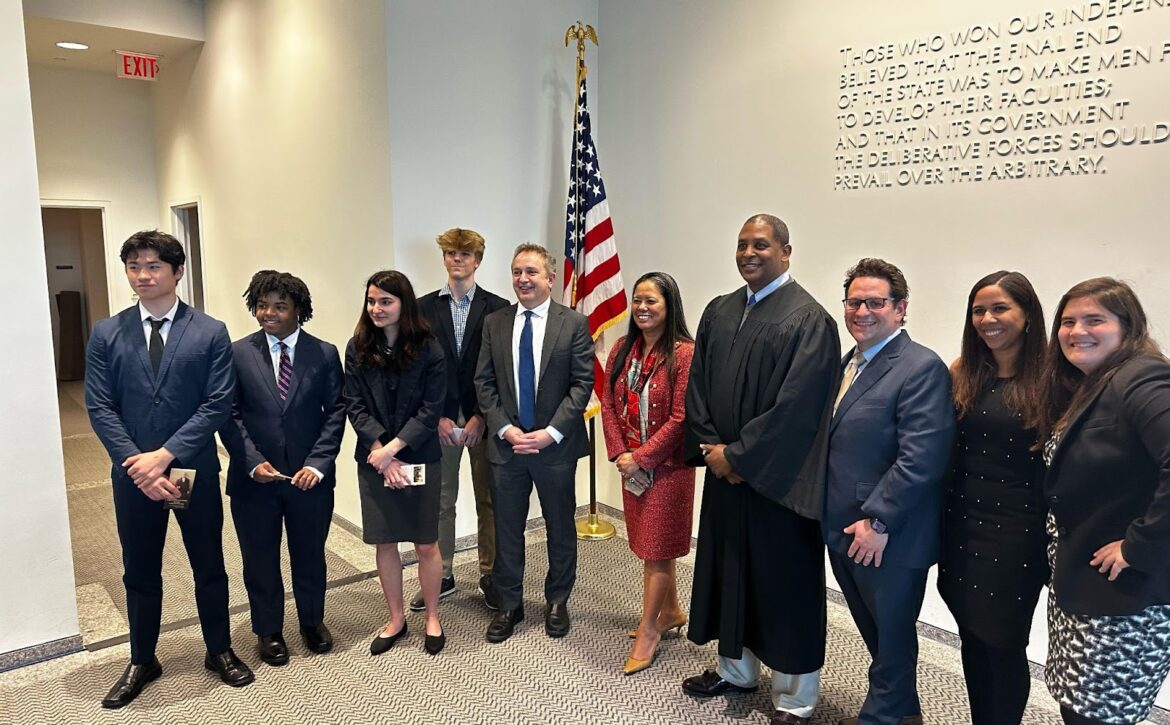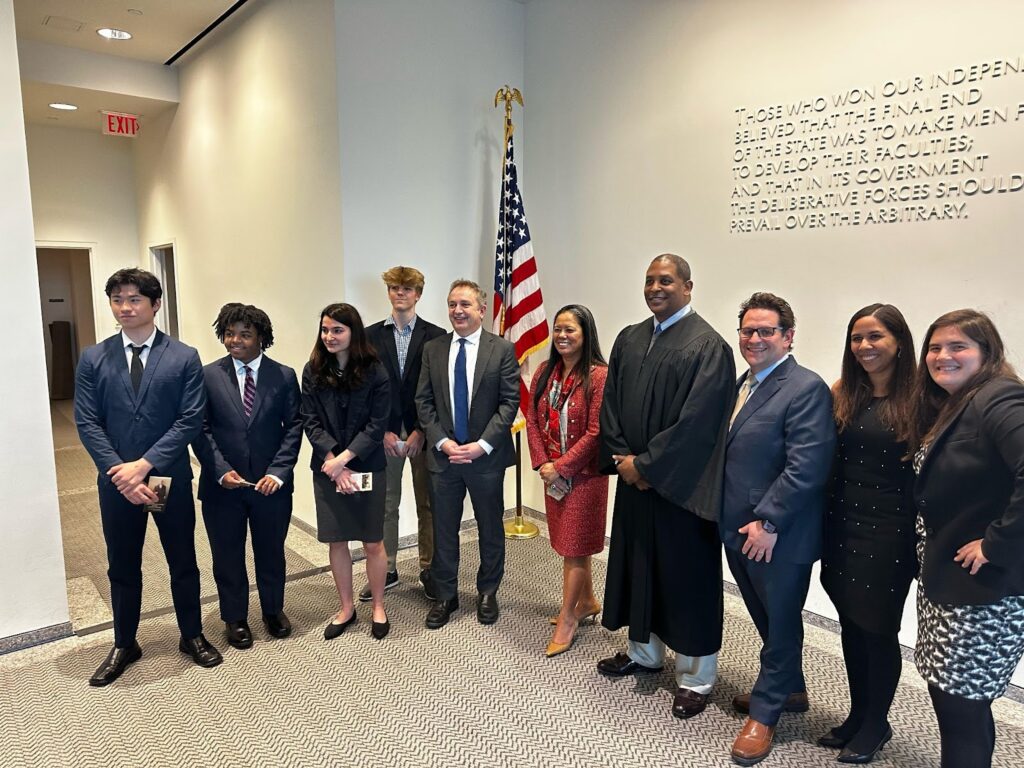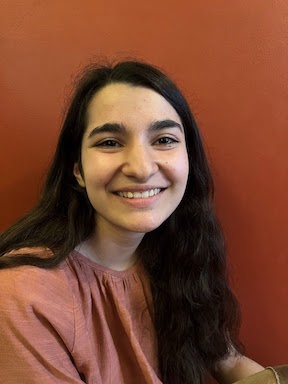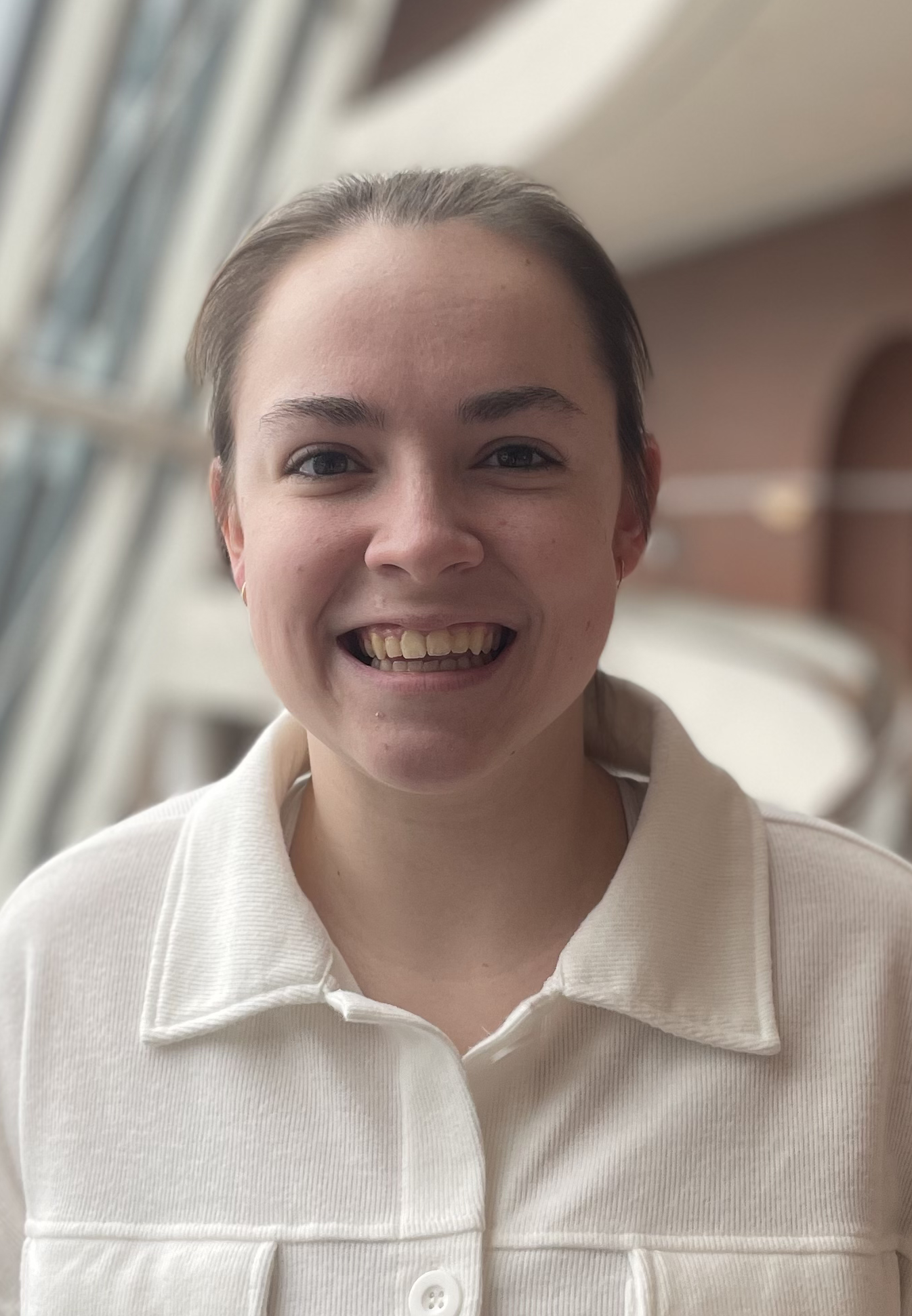Elementary School Students Plan for Civic Action
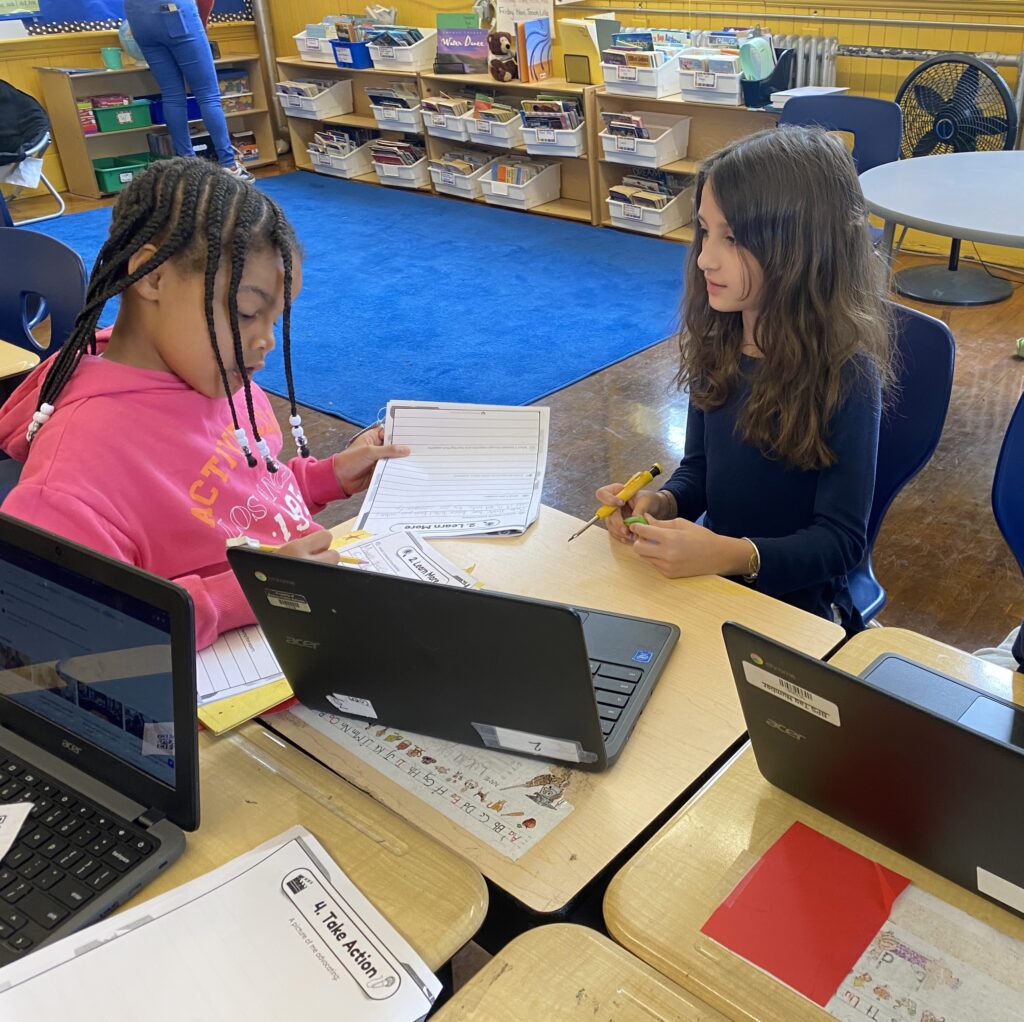
Students in elementary schools across Massachusetts are using the Discovering Justice designed “Justice Cycle” tool to discuss and plan out civic actions for justice.
Grade 3 teachers in Springfield, Boston, and Cambridge are piloting the new Children Discovering Justice curriculum, walking them through a civic action project and showing elementary students that they can be changemakers.
“Students have to do a civics project in 8th grade and high school, so why not start practicing in elementary school? Starting earlier has a bigger impact on their community and allows them more opportunities for civic success,” said Victoria Suri, K-5 Curriculum Developer at Discovering Justice.
Rachel Leung, a 3rd Grade teacher in Boston is excited about the CDJ program. “My students and I have enjoyed exploring and learning with the [CDJ] civics curriculum. They are very curious about how the world works and this program helps to answer many of the questions they have. This program opens the students’ minds and shows them possibilities for the future.”
The unique curriculum includes guided lessons where students learn about perspective-taking, advocacy, critical thinking, and problem-solving in a collaborative learning environment. Using Discovering Justice’s Justice Journal, students plan, implement, and reflect on civic actions to enact change in their community. This can be as small as keeping their classroom clean or as big as partnering to support local organizations and movements.
“I enjoy learning about justice because I love helping people in need… I get to help people older and younger than me,” stated a third grade student in Boston.
Students in a Cambridge 3rd grade classroom decided to advocate for cooking classes in their ‘specials classes’ to learn more life skills. Another group was passionate about animal protection. Third grade students in Boston were concerned about keeping their learning environment clean and the lack of music classes. They decided to talk with their principal to learn more. Another third grade class is brainstorming actions they can take on gun control and school safety. Students are learning that they have a voice and are eager to advocate for change in their communities.
Contact K-5 Curriculum Developer Victoria Suri at vsuri@discoveringjustice.org to learn more about our free curriculum for Grades K-3.
